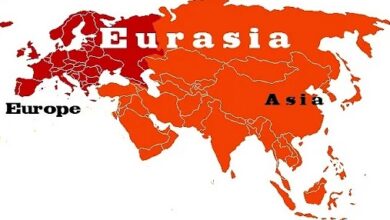What is Capital flight working countries suffer and consequences
Capital flight
Capital flight is the name given within the Financial Market to the process in which investors withdraw their money invested in a country. This is a very common phenomenon in times of economic crisis, when they become more fearful about the effects on their assets.
For a country, this is very bad as resources end up “going away” precisely at times when they are most important. In this way, the national economy ends up showing a very negative effect.
It is also worth noting that capital flight is considered a mass withdrawal of capital. Small investor outflows are normal in any economic period. When it occurs in large volumes, however, it can be a problem.
How does it work?
Capital flight, even though it has a relevant impact on the economy, is not an organized or planned process among relevant investors in the Financial Market. It happens naturally, especially in times of crisis.
In situations like this, in which the global economy is more unstable, it is natural for investors to seek to protect their assets, opting for safer and more conservative investments. Remember that in economic downturns, interest rates tend to go up.
Which countries suffer most from capital flight?
Naturally, capital flight is a process that mostly affects emerging countries. This happens due to the relationship between countries in this condition and the global economic scenario.
In positive moments for the Financial Market, emerging countries tend to present great economic evolution. Thus, they are seen as excellent opportunities to invest insofar as they can offer high returns.
On the other hand, the economic recession considerably increases the risk of investments. These environments are, after all, more volatile, with greater variation in indicators such as interest rates and inflation. In this way, capital flight ends up being the way to protect against the mentioned risks.
Of course, these issues also impact more developed or structured countries. However, the volatility is lower. That is, thinking about interest rates, for example, they go up practically all over the planet in times of recession. Even so, the tendency is for them to rise much more in emerging countries than in developed countries.
What are the consequences of capital flight?
Capital flight has several consequences for the economy of a country. The first, somewhat obvious, is the reduction of foreign capital invested in the place, something that could harm its development and the financing of projects.
Directly related to this process, it is natural that the GDP is affected. There are, after all, fewer resources applied and, therefore, the reduction of available capital in the country.
But the most direct impact is on the exchange rate, which tends to devalue a lot. After all, there is pressure to leave currency (foreign currencies) due to capital flight, which reduces its local supply, consequently increasing its price in relation to the domestic currency (in our case, the Real). In other words, currencies such as the Dollar and the Euro tend to become much more expensive in a case of capital flight.
What motives can lead to capital flight?
Throughout the text, we sometimes cite moments of economic instability as responsible for capital flight. However, you don’t have to be in a financial crisis to see this kind of movement.
Situations that increase the risk of a country or its economic system can trigger this type of action by foreign investors. Corruption news, political crises or even the country’s increased risk in a global view are examples.
In addition, sporadic and unplanned events may arise that lead the Financial Market to generate insecurity for its participants. In this case, it is also possible that they choose to withdraw capital in order to protect their assets.

